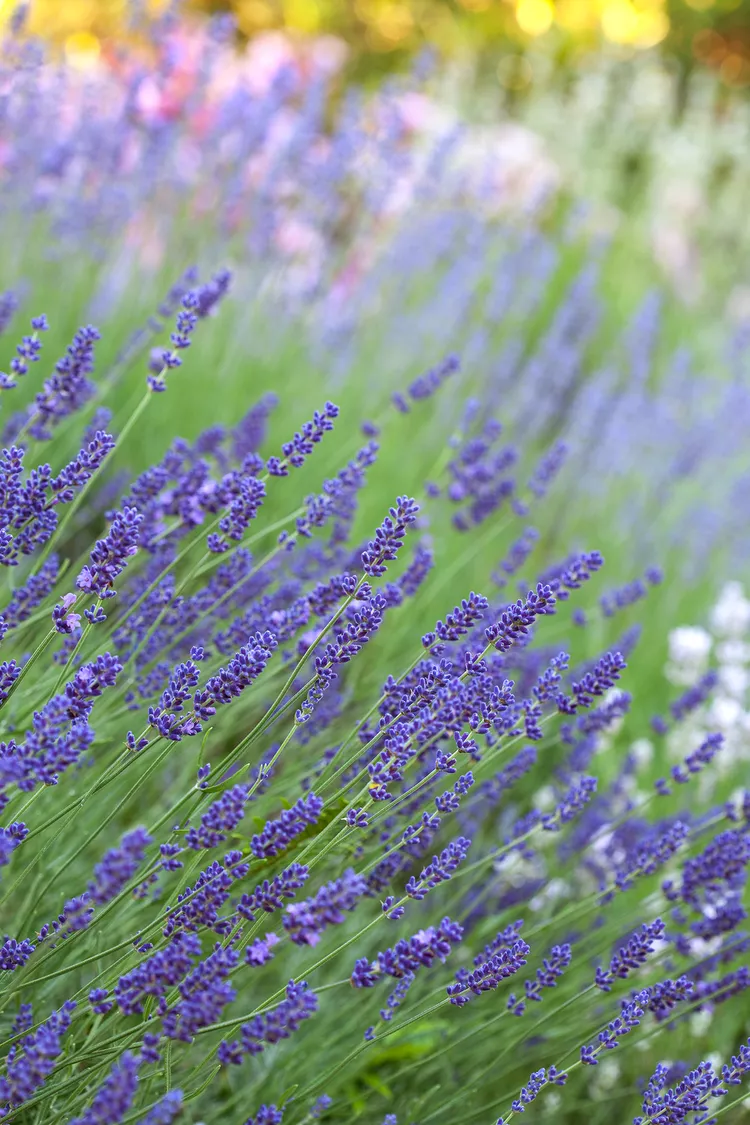Composting is a rewarding practice that can transform your yard waste into valuable “black gold” for your garden. Although it isn't rocket science, there is a little science involved. To ensure you get the most out of your composting efforts, it's important to avoid some common missteps. In this article, we'll explore the key aspects of yard composting and how to care for your compost to create a thriving garden.
First and foremost, understanding the basic principles of composting is essential. Composting is a natural process in which organic materials break down into a nutrient - rich soil amendment. The key ingredients for successful composting are green materials, which are rich in nitrogen, and brown materials, which are high in carbon. Green materials include grass clippings, vegetable scraps, and fresh leaves, while brown materials consist of dry leaves, straw, and shredded newspaper.
One of the most common mistakes in composting is having an improper balance of green and brown materials. If you have too much green material, your compost pile may become smelly and slimy due to the rapid decomposition and the production of excess moisture. On the other hand, if there is an over - abundance of brown material, the composting process will be slow as there isn't enough nitrogen to fuel the decomposition. A good rule of thumb is to maintain a ratio of about 3 parts brown materials to 1 part green materials.
Another important factor is the size of the materials. Smaller pieces of organic matter break down more quickly than larger ones. So, it's a good idea to shred or chop your yard waste before adding it to the compost pile. This increases the surface area available for the microorganisms that are responsible for the decomposition process. For example, instead of adding whole branches, break them into smaller pieces. Similarly, cut up large vegetable scraps into smaller chunks.
Moisture is also a critical element in composting. Your compost pile should be as moist as a wrung - out sponge. If it's too dry, the decomposition process will slow down significantly. You can add water to the pile during dry periods to keep it at the right moisture level. However, if it's too wet, the pile may become anaerobic, leading to a foul smell. To prevent this, make sure your compost pile has good drainage. You can create a base of twigs or small branches at the bottom of the pile to allow excess water to drain away.
Aeration is equally important. Oxygen is necessary for the aerobic microorganisms that break down the organic matter. Without proper aeration, the pile can become compacted and anaerobic. You can turn the compost pile regularly using a pitchfork or a compost turner. Turning the pile every few weeks helps to mix the materials, introduce oxygen, and speed up the decomposition process. This also helps to ensure that all parts of the pile break down evenly.
Location matters when it comes to your compost pile. Choose a spot that is well - drained and receives partial sunlight. Too much direct sunlight can dry out the pile, while too much shade can slow down the decomposition due to lower temperatures. Also, make sure the location is easily accessible so that you can add materials and turn the pile without too much hassle.
When adding materials to your compost pile, avoid including meat, dairy products, and oily foods. These items can attract pests and rodents and may also cause unpleasant odors. Additionally, avoid using plants that are diseased or have been treated with pesticides, as these can contaminate your compost.
As your compost matures, you'll notice a change in its appearance and smell. A well - made compost will be dark, crumbly, and have an earthy smell. Once it reaches this stage, it's ready to be used in your garden. You can spread it around your plants, use it as a top - dressing for your lawn, or mix it into potting soil for container plants.
In conclusion, yard composting is a wonderful way to recycle organic waste and improve the health of your garden. By avoiding the common missteps such as improper material balance, incorrect moisture and aeration, and choosing the wrong location, you can create high - quality compost that will nourish your plants and help them thrive. With a little care and attention, your compost pile will become a valuable asset in your yard.




















